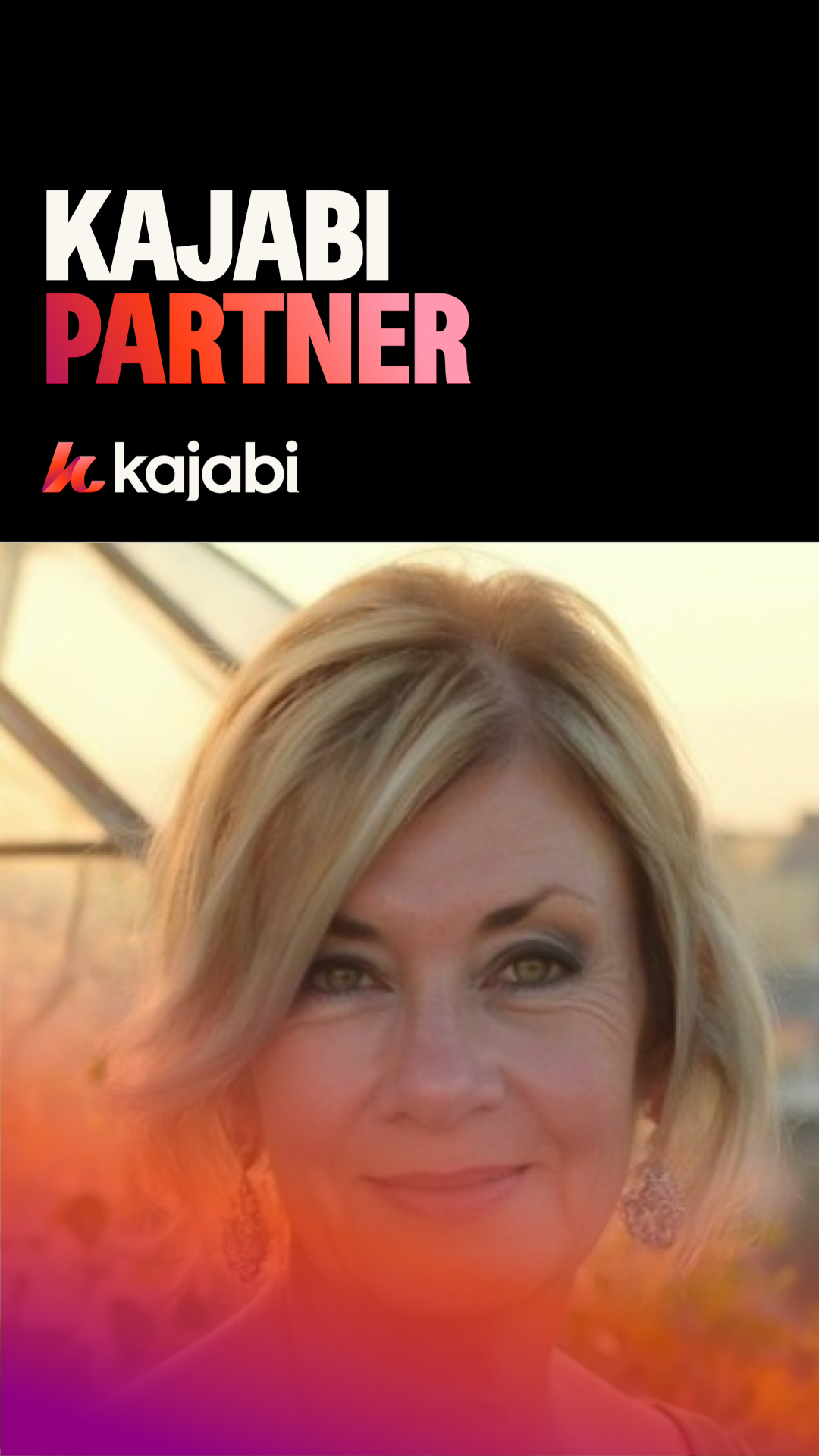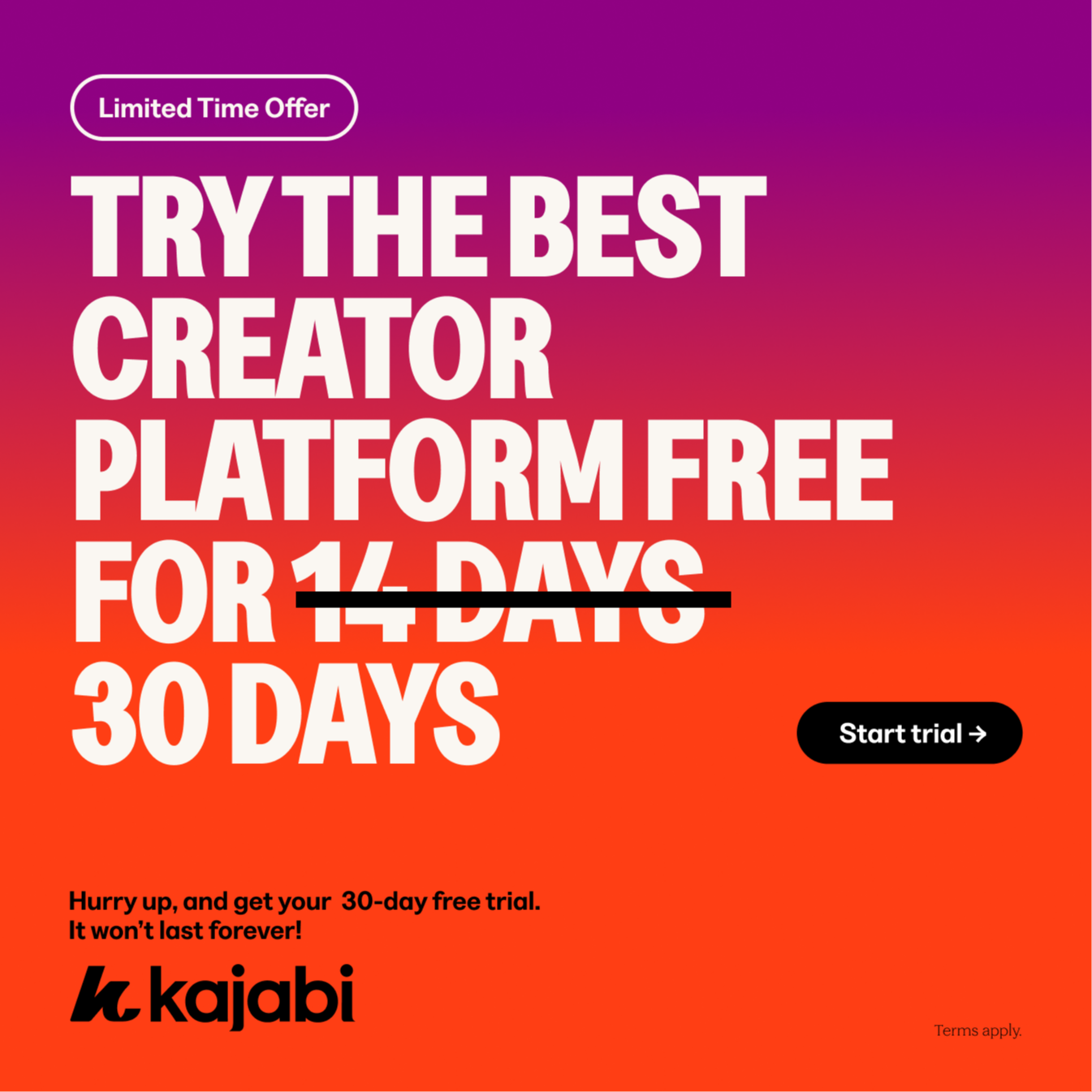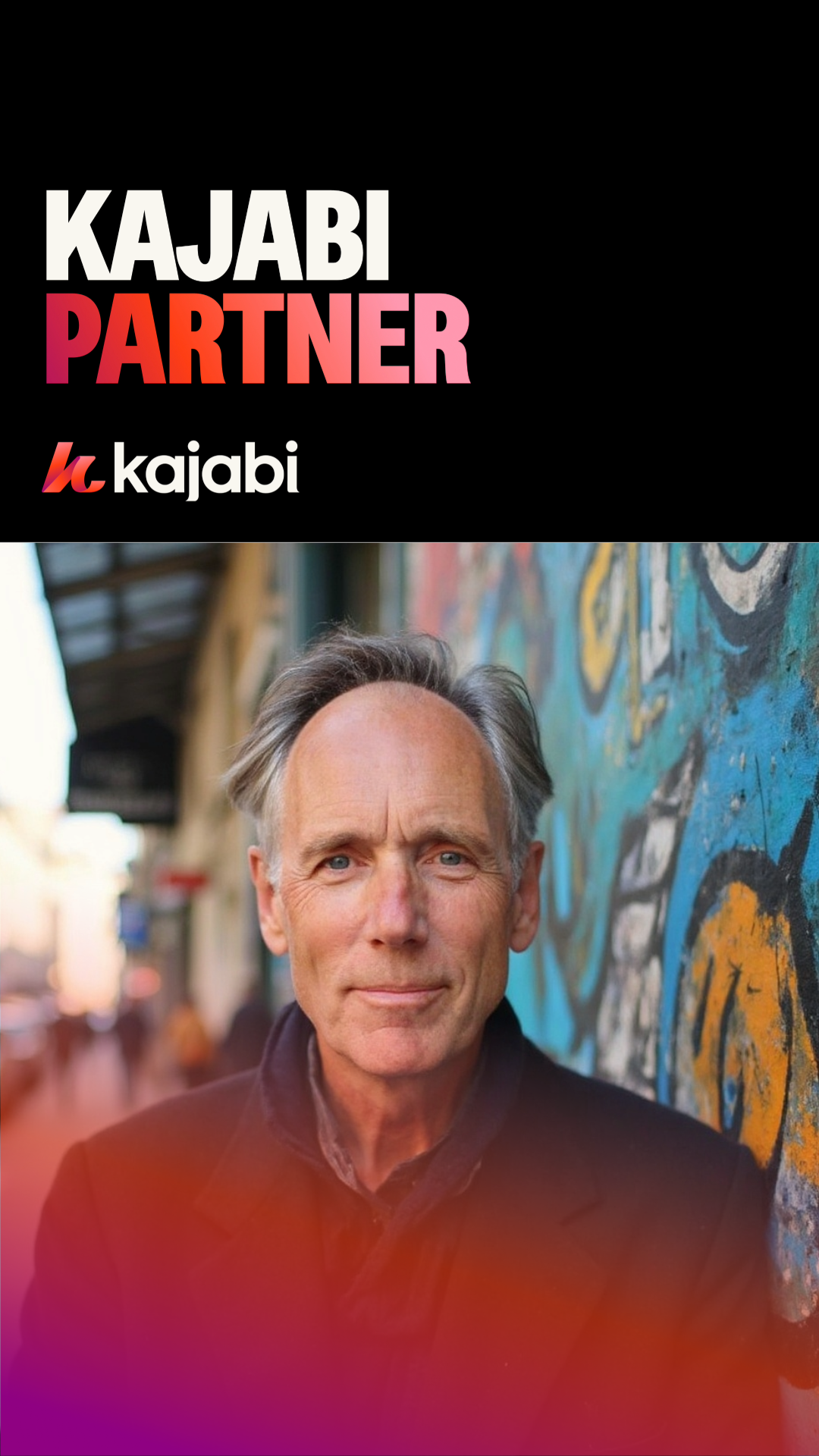Why Being a Non-Expert is Your Secret Weapon for Online Course Success

When you think of creating an online course, you might picture someone with decades of experience, a collection of awards, and a name that commands authority. But what if I told you that being a world-renowned expert isn’t required to create a course that genuinely helps people? Your lack of expert status could be your greatest strength.
Let’s explore why that is, with real-life examples and a conversational look at how being a non-expert can be a strength.
1. You Understand the Beginner’s Mindset
Experts often struggle to relate to beginners because they’ve forgotten what it’s like not to know. Think of when you’ve tried to follow a recipe written by a Michelin-star chef and felt overwhelmed by the jargon or techniques. A non-expert, by contrast, remembers what it’s like to be at square one and can guide others through the same path with empathy.
Take Joe Wicks, the UK’s “Body Coach.” He wasn’t a globally recognised expert when he started creating fitness content. His ability to simplify workouts and nutrition for people just starting made him relatable. He wasn’t intimidating, and that’s what drew people in.
As a non-expert, you can design your course around the questions you once had, offering guidance that genuinely resonates with beginners.
2. You’re More Relatable
Students don’t always want to learn from someone who seems out of reach. They want to feel like they’re learning from someone who gets them. Sharing your journey—your struggles, mistakes, and eventual successes—can make your course more appealing than one taught by someone with an intimidating CV.
For example, Sophie Kirtley, an author who teaches creative writing workshops, doesn’t present herself as an untouchable literary figure. Instead, she shares her love of writing and her improvement journey, which inspires her students to think, “If Sophie can do it, so can I.”
When you’re relatable, you create a safe space where students feel comfortable engaging and learning.
3. You Simplify Complex Concepts
Experts sometimes fall victim to what’s known as the “curse of knowledge”—explaining things in a way that’s too complex for beginners. As a non-expert, you’re naturally inclined to break down concepts into simple, actionable steps because you’ve recently learned them.
For instance, consider Alice Living, a fitness influencer in the UK. She started as a complete beginner, sharing her fitness journey online. Her ability to explain workouts in simple terms helped her connect with thousands of people starting. She made fitness accessible because she understood what it felt like to be overwhelmed by information.
Simplifying doesn’t mean dumbing down. It means making ideas clear, approachable, and actionable.
4. You Bring Fresh Perspectives
When you’re not steeped in years of experience, you’re more likely to approach a topic with curiosity and creativity. You’re not bound by the traditional thinking methods that experts often adhere to. This can lead to innovative teaching methods that truly stand out.
Consider Jamie Oliver’s food education campaigns. While not a traditionally trained chef, his fresh perspective and passion for teaching simple, healthy cooking have had an enormous impact. He focuses on practical tips rather than complex culinary techniques, making his message far-reaching.
Similarly, as a non-expert, you might create unique solutions that address learners’ needs in a way experts haven’t considered.
5. You Build Stronger Connections
Being closer to your student’s experience level can foster a stronger sense of trust and community. Your audience will feel that you understand their struggles because you’ve been there recently yourself. This connection often leads to better engagement and a more rewarding learning experience.
Think of a friend teaching you how to garden. They’ve just figured out how to grow their first tomatoes and are excited to share what they’ve learned. Their excitement and relatability make the process enjoyable and unintimidating. That same principle applies to online courses.
Turning Your Non-Expertise Into Strength
If you’re still worried about not being “expert enough,” here are some practical tips to harness your unique strengths:
-
Embrace Your Story: Share your journey honestly. Talk about how you started and the steps you took to improve. Your authenticity will inspire others.
-
Focus on Outcomes: Instead of showcasing your credentials, highlight the results your course can help students achieve.
-
Leverage Research: Stay one step ahead of your students by researching thoroughly. Being prepared and organised makes a huge difference.
-
Engage Your Audience: Actively ask for feedback and adjust your content accordingly. This will show your students that you care about their success.
Final Thoughts
Being a non-expert isn’t a disadvantage—it’s an opportunity. Your relatability, clarity, and fresh perspective can make you the perfect person to guide others on their learning journey.
Remember, your students aren’t looking for perfection. They’re looking for someone who understands their challenges and can help them overcome them. You don’t need to be at the top of your field to make a meaningful impact. Sometimes, being a step or two ahead is all it takes to lead the way.
If this resonates with you and you’d like to connect further, let’s continue the conversation on LinkedIn. You can find me here – I’d love to hear your thoughts and discuss how you’re making an impact as a non-expert course creator!
Or, if you are considering getting started with your course and need support, we'd love to help.
Schedule a Free Discovery Call
Are you looking for support in planning, designing, creating, publishing or promoting your online courses? Schedule a call and let's explore how we can help you.
GET KAJABI FREE FOR 30 DAYS
Try Kajabi for 30 days for free.

50% Complete
Add Your Details
Add your details and we will email you helpful advice and insights. You can unsubscribe at any time.



